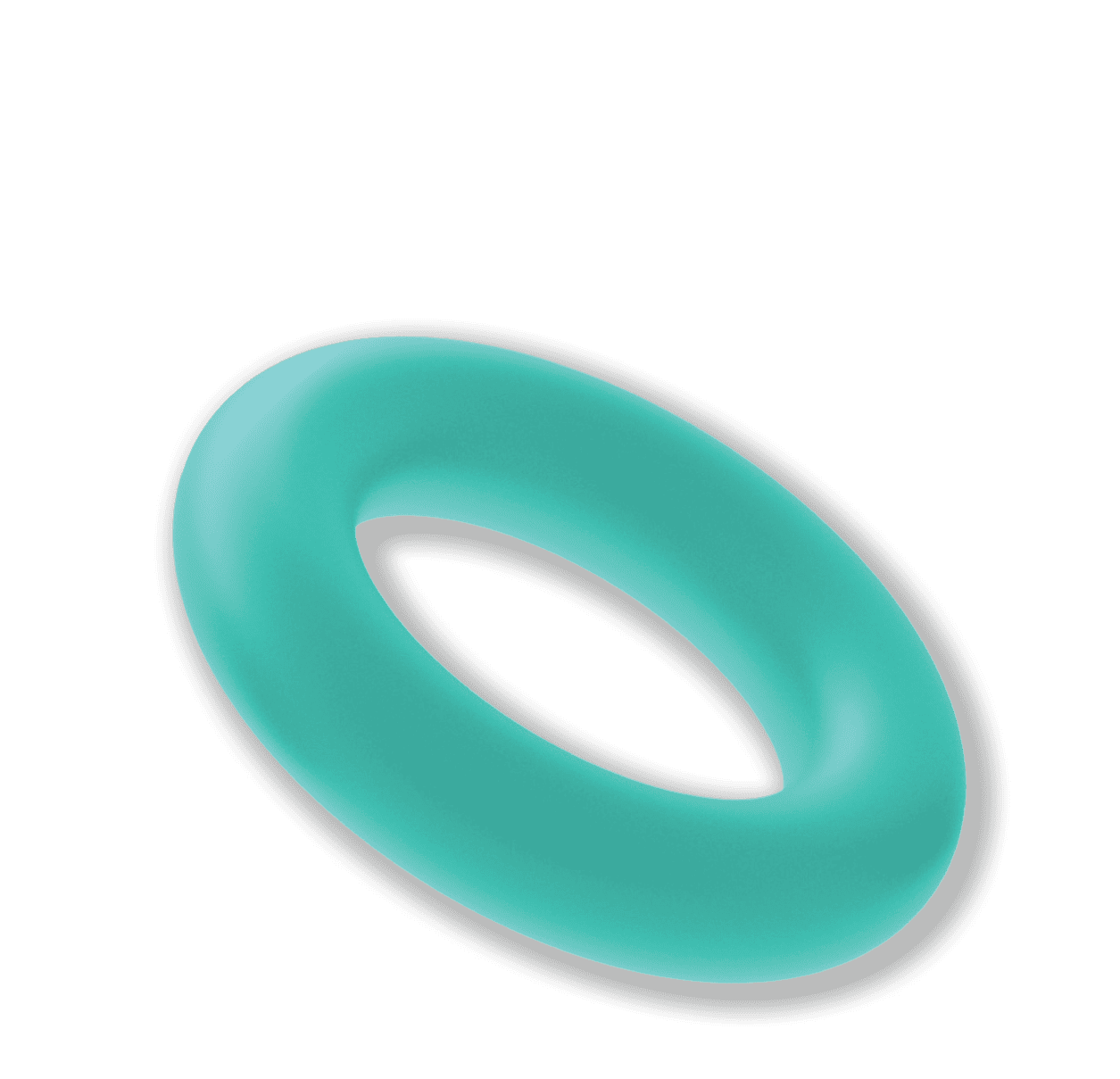
Web Conversion: Explore best practices for your maturity stage
Stage 1 | Experimental
What it looks like: “We’re doing a few things to help improve our web conversion rates, but we have a lot of work ahead of us to find out what works best.”
- My company has gathered basic site tracking data and identified metrics of measurement. We know to move to the next level we’ll have to give our website a facelift.
- We have limited information about our audience that they provide to us via forms on landing pages.
- We have few or no insights about our website audience. We use general personas that apply to large groups of people or accounts.
Best practices to implement:
- Empowering your audience to self-serve on your website’s B2B content encouraging binging and content discoverability.
- Creating curated web pages that align to how your buyers buy with relevant B2B content for target industries or personas.
- Exploring third-party tools to optimize the use of your existing content assets and understand content engagement across channels.
- Running a web page content audit to identify your best content, gaps, and content redundancy.
- Macro-personalizing at the persona & account level.
- Installing PathFactory Journey Tracker to optimize library assets and understand content engagement across channels.
Stage 2 | Operational
What it looks like: “We’re using a few third-party tools to help us understand how and why our customers convert, but we’re still missing a few things.”
- We have a list of target accounts, and we automatically serve up key content for them as they interact on the website. We micro-personalize the journey for individual buyers, buyer committees or accounts.
- We track content ROI across our online channels at a basic level.
- We have ungated some of our content to allow visitors to binge on assets while capturing account and engagement metrics.
Best practices to implement:
- Building content tracks for top tier ABM accounts to display purpose-built or relevant assets.
- Using analytics to understand the content types and assets that are your highest performers. Use these insights to inform your B2B content marketing strategy.
- Allowing your visitors to self-select content based on variables like their industry, B2B content funnel stage, buyer persona, and more.
- Measuring web page performance with engagement and time metrics, not just page views.
Stage 3 | Amplified
What it looks like: “Our web conversion strategy is a well-oiled machine and we’re harnessing the power of content and using it to create deep insights about our customers and track ROI. What’s next?”
- AI-generated content recommendations are used to target both known and unknown visitors to our website.
- We auto-generate targeted content recommendations for each individual visitor or potential buying committee member.
- We track content ROI with content attribution & engagement data for users, topics, B2B content funnel stages, accounts, and more.
Best practices to implement:
- Planning your yearly content strategy using a Content Intelligence dashboard to influence your company’s budget and content pillars.
- Delivering contextually-relevant content recommendations and experiences.
- Auto-elevating content that’s already effective via a recommendations engine.
- Scaling content recommendations with automation and visitor-directed features (like a Guide or Concierge).
- Configuring forms based on content or time-based attributes to align to MQL definitions.
Contact your CSM to learn more about leveling up your Web Conversion programs and how PathFactory can help set you up for scalable success.
